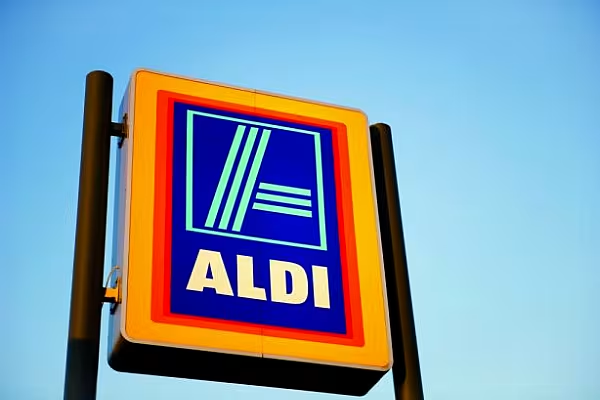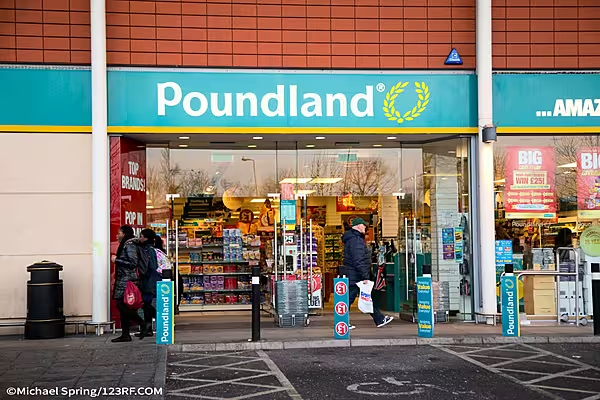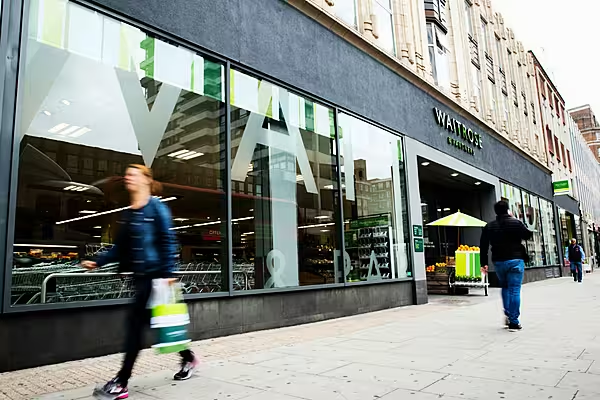Britain’s exit from the European Union may lead shoppers to shift grocery spending toward discounters as pessimism over the economy leads them to cut back, according to researcher Nielsen.
About 37 percent of 417 Britons surveyed by Nielsen after the Brexit vote said they plan to change the supermarket they shop at the most. German discounters Aldi and Lidl are among the biggest potential beneficiaries, the researcher said.
The possibility of an economic slowdown and higher grocery prices may accelerate a shift that began with the recession of 2008. Since then, Aldi and Lidl have grabbed a rising share of U.K. supermarket spending, recently topping 11 percent. Their gain has been the mainstream grocers’ loss, with sales sliding at the likes of Tesco Plc and Wal-Mart Stores Inc.’s Asda.
“Price-led retailers are those most likely to benefit,” Sophie Jones, an analyst at Nielsen, said. “We anticipate more competition between retail channels for shoppers’ spend.”
About 64 percent of shoppers think Brexit will hurt the U.K. economy in the short term, Nielsen said, with the economy being people’s biggest concern over the next six months. Two-thirds of those surveyed on June 29 said the decision to leave the EU would mean higher grocery prices.
News by Bloomberg, edited by ESM. To subscribe to ESM: The European Supermarket Magazine, click here.











